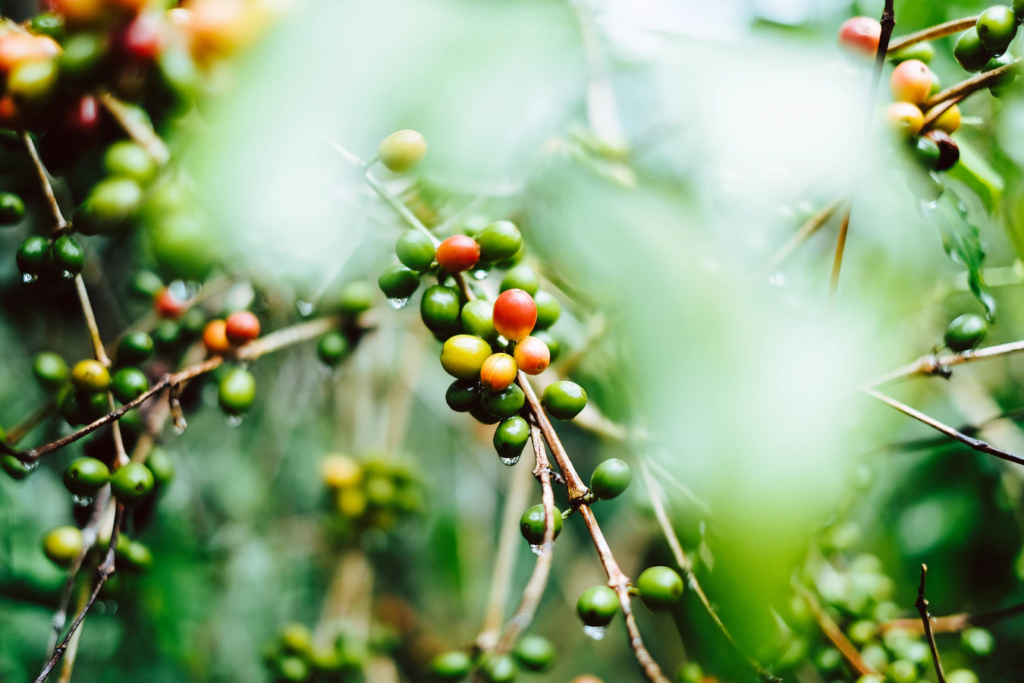Ethanol, or ethyl alcohol, is a multi-purpose, eco-friendly molecule that can be utilised for various applications. It serves as a solvent for industrial processes, a disinfectant in healthcare settings and a raw material for the food industry. Ethanol is also a key ingredient in a wide range of alcoholic beverages, including whisky, rum, vodka, gin, brandy and cream liqueurs.
Sustainability benefits of ethanol
One of the most significant sustainability benefits of ethanol is that it is a renewable resource. Ethanol is produced by fermenting and distilling crops such as grains, sugarcane, sugarbeet and fruits. These crops can be grown and harvested year on year, providing a sustainable source of ethanol that doesn’t deplete the planet’s finite resources. Moreover, various waste products of ethanol production can be used in sustainable agricultural practices. Examples include animal feed and fertiliser.
What is second-generation ethanol?
Second-generation ethanol is made from the residues of first-generation ethanol production. This form of ethanol production is generally considered more sustainable than first-generation ethanol, as it is made from a waste product. The use of waste streams can also provide economic benefits by creating new markets for waste products and reducing an economy’s dependence on fossil fuels.
2G ethanol is still a relatively new technology, but both production and demand are quickly picking up, as companies and governments see the promise it holds for a more sustainable and diversified energy future.
Cogeneration and renewable energy sources
The distilleries where second-generation ethanol is produced also provide energy to the grid through a process called cogeneration, which is the simultaneous production of electricity and heat. This process involves using the surplus heat generated during ethanol production to generate electricity, which is then uploaded to the grid. The waste heat captured can also be used for other purposes, such as heating the ethanol distillery or providing hot water. Some distilleries also use renewable energy sources, such as solar panels or wind turbines, to generate electricity and feed it into the grid.
Positive impact on local communities
The electricity generated by the cogeneration system is typically sold to the local community and the production of ethanol can have a positive impact on local communities in other ways. Most distilleries source their ingredients locally. As well as reducing emissions from transportation, this also provides income for local farmers. In addition, most distilleries tend to prioritise sustainable practices, such as reducing water usage and waste generation.
Conclusion
In conclusion, ethanol is a versatile and sustainable compound with a wide range of uses, including as a primary ingredient in alcoholic beverages. By embracing best practices, the production of ethanol can be achieved sustainably. And companies like Nedstar play an important role here. We ensure our products are made using the highest sustainability and ethical norms, and minimise any negative impact on the environment or local communities.









Leave a comment